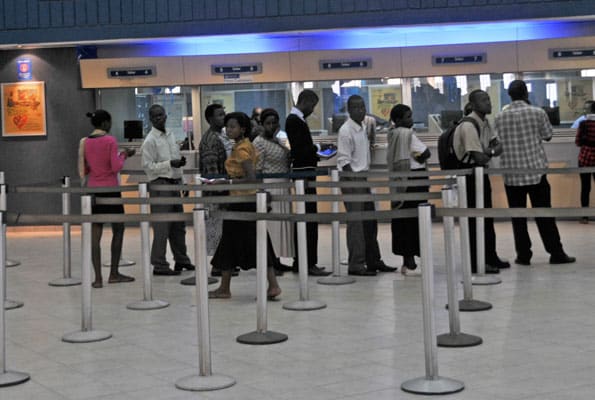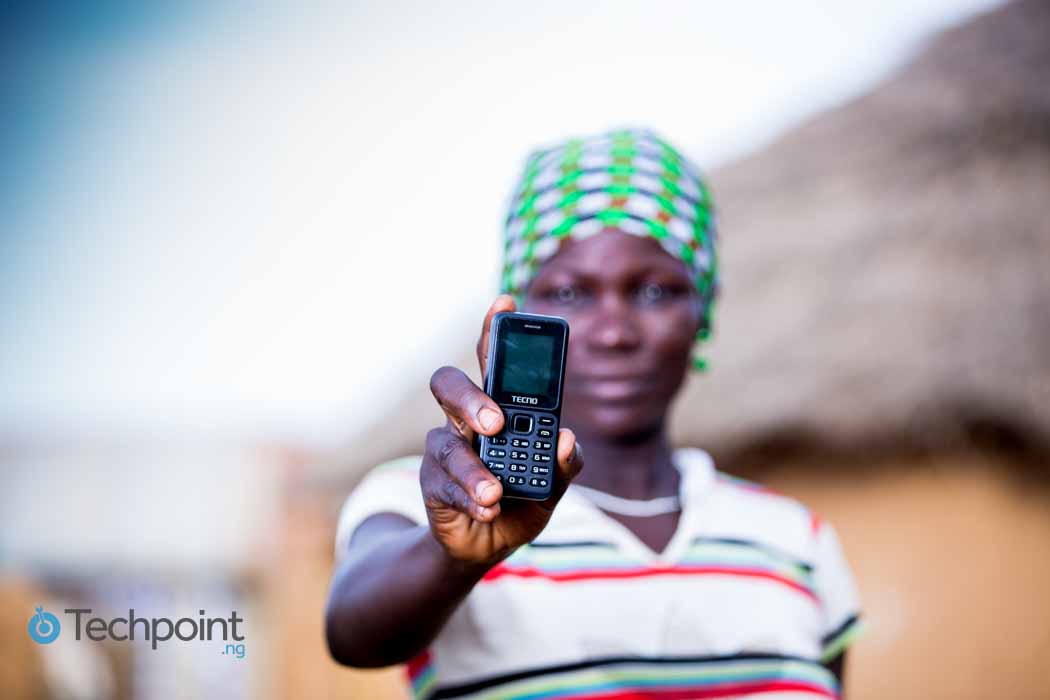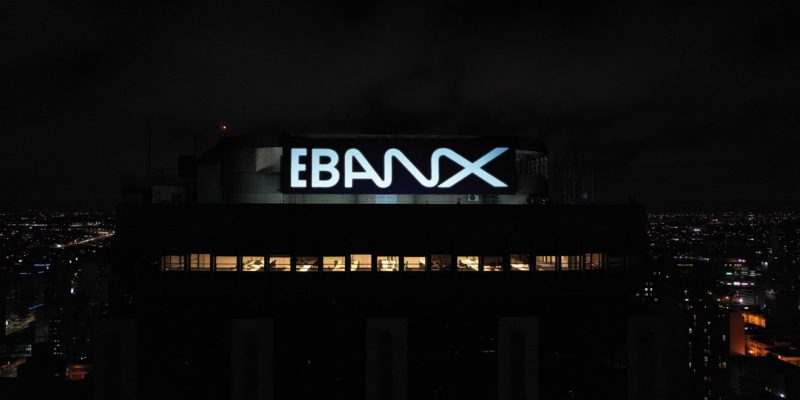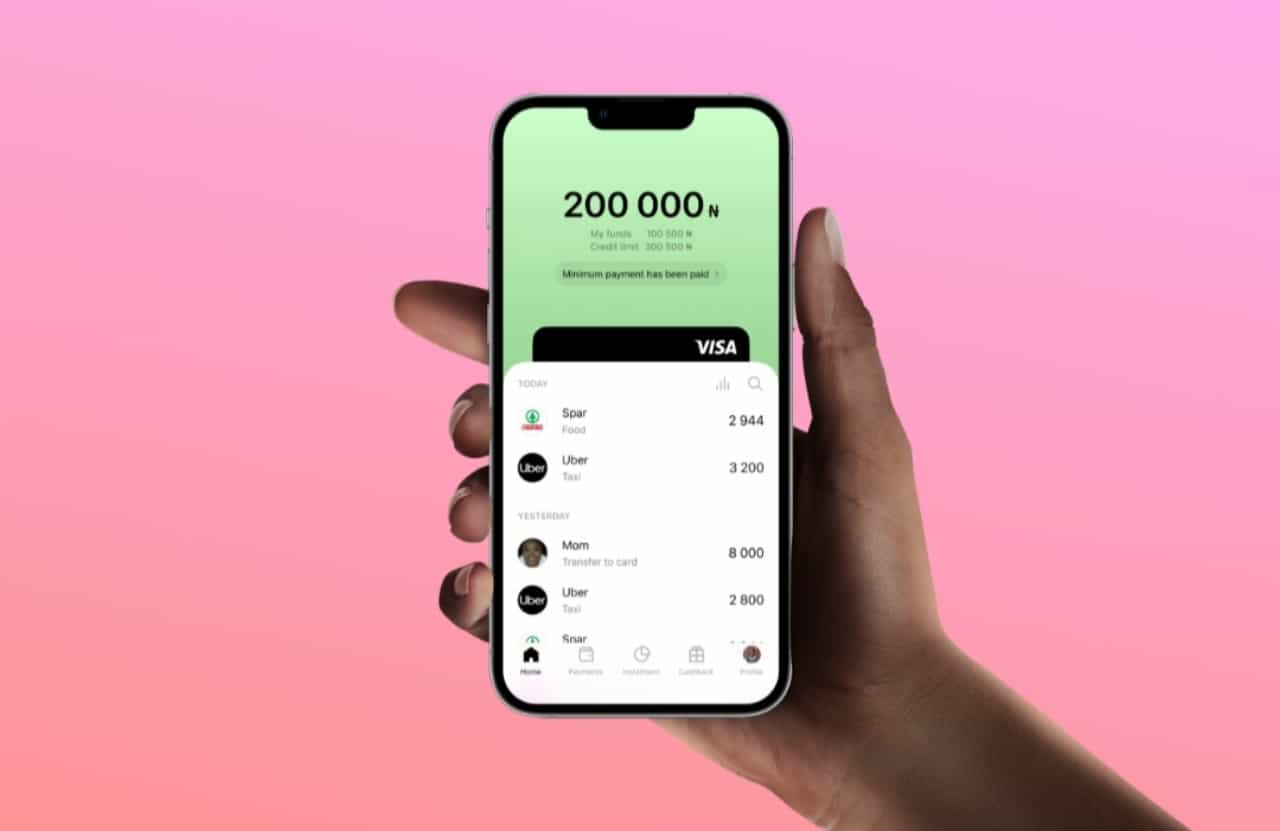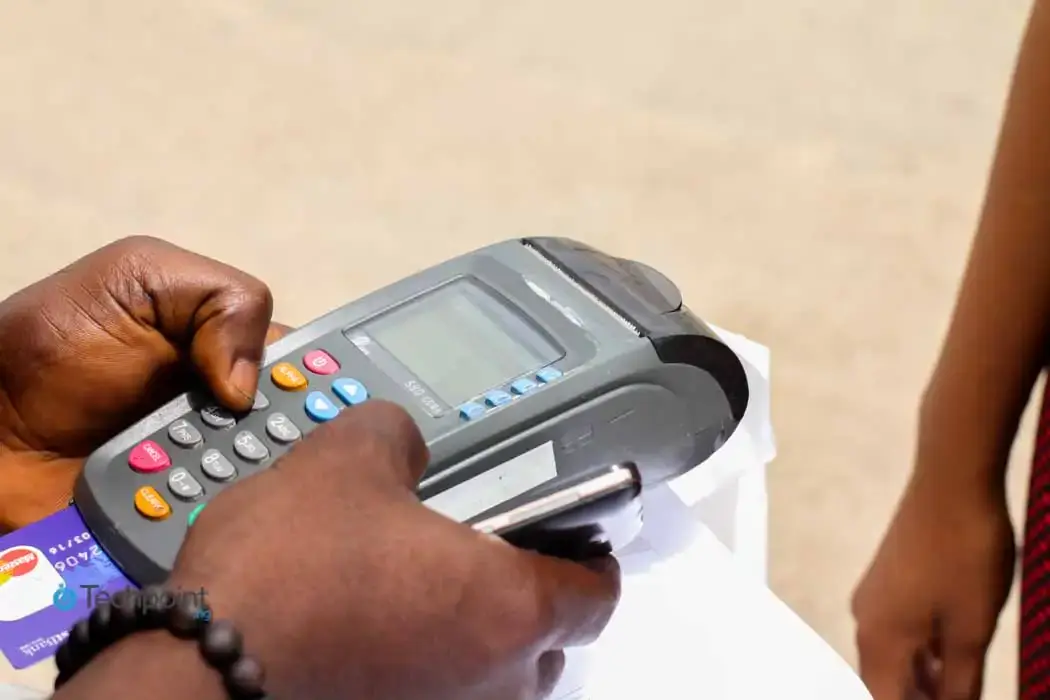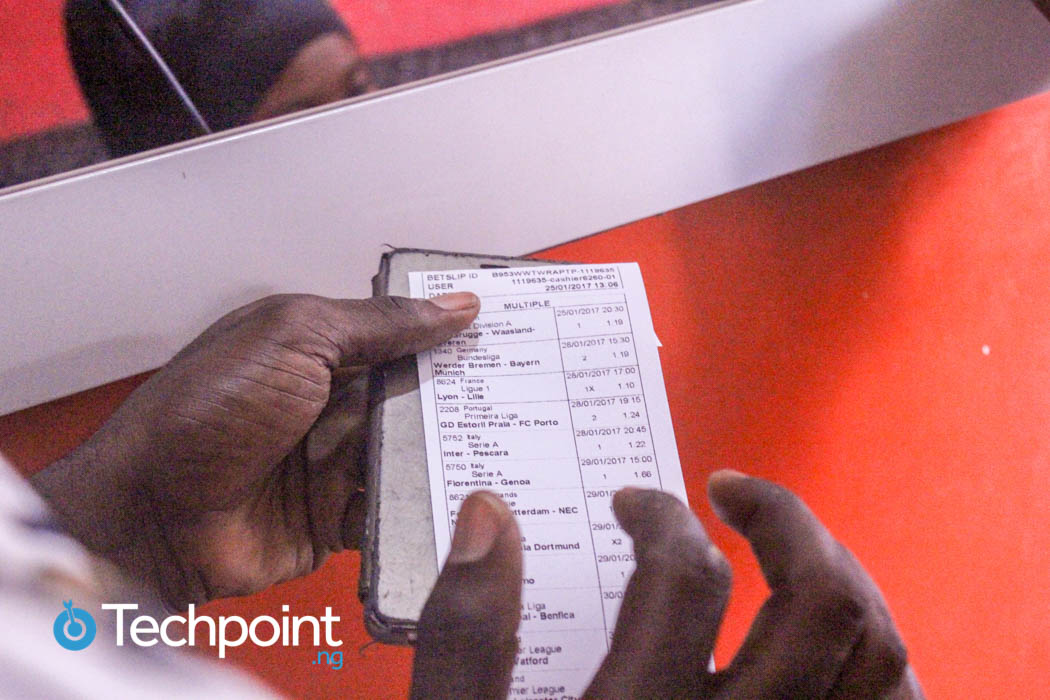Earlier in the month, the Central Bank of Nigeria (CBN) proposed the creation of a new set of financial institutions, called Payment Service Banks (PSBs). By leveraging technology, these new institutions are expected to drastically enhance access to financial services for low income earners and the unbanked.
But from all indications, PSBs might not have much impact on the CBN's financial inclusion penetration goal. The draft guideline for the licensing and regulation of the Payment Service Banks (PDF) specifies the limited functions of these banks.
Apparently, the PSBs are allowed to offer only high-volume, low-value transactions in remittance services, micro-savings and withdrawal services. And their target customer base is restricted to individuals and small businesses.
These PSBs cannot give loans, advances or trade in foreign exchange markets except for remittance within the country. They can’t evaluate the risk and exposures of potential clients, which is obvious since they can offer loan services.
No doubt, this move would increase the population of Nigerians with a bank account. But financial inclusion is beyond just maintaining a bank account and making payments. It encompasses a broad range of formal financial services asides savings, and it’s not limited to payments, loans, insurance, and pension products and services.
Furthermore, the PSBs can make any other form of investment except putting money in government securities which are considered low-risk. There’s a high degree of certainty for the securities to get returns and as at when due.
CBN, with this guideline, considers telecommunications companies (telcos) eligible promoters of a Payment Service Bank. But it has to be through a subsidiary of the telco.
The consideration of the telcos could be a result of an agreement reached between the apex bank and the Nigerian Communications Commission (NCC) earlier in the year to further the cause of financial services in the country.

Don't miss out on Africa's financial revolution
Give it a try, you can unsubscribe anytime. Privacy Policy.
In spite of the gesture, the only possible result is an increase in the number of Nigerians with a bank account.
Suggested Read: “Technology can’t induce financial inclusion, it can only mimic our decisions” — Sola Fanawopo, fintech expert
Beyond telcos, mobile money operators (MMO) are also eligible promoters as they can convert to service bank. Other eligible promoters of the banks include banking agents and retail chains.
It’s going to be a plus for the MMOs as the guideline points out that the PSBs are expected to leverage technology to offer financial services, which they are already doing to serve their customers at the moment.
However, any MMO that converts to a PSB would have to invest in infrastructure as the banks are expected to have not less than 50% physical access points in rural areas. They also expected to maintain Automated Teller Machine (ATM) in some of these areas.
PSBs are allowed to serve their customers through banking agents -- mostly retail outlets -- which implies that the likes of telcos and MMOs that already maintain a network of agents are better positioned to run PSBs.
Since the banks can only invest in government securities, there appears to be not much incentive for the PSBs, especially regarding the setting up of ATMs in rural areas considering the cost of set-up and that of maintenance.
And transferring the cost burden to customers as currently obtainable is probably going to be the dealbreaker for people in the rural areas. It could end up being a case of “I’d rather just keep my money under my pillow than have it in a bank where I’d be paying unnecessary charges.”
Currently, getting a PSB licence requires the payment non-refundable application fee of ₦500,000 and licensing fee of ₦2 million -- which is also non-refundable -- with an evidence of minimum capital deposit of ₦5 billion in their account and to be verified by the apex bank.
PSBs are also expected to have coordinating centres in clusters of outlets to enable them to manage the activities of various access points and agents. Furthermore, these centres are expected to have help desks as well as their main office.
All these are not cost effective, not forgetting the fact that the promoters would be setting up these banks as profit-making ventures and not for charity. And it appears these PSBs would end up becoming another set of commercial banks with ‘Payment Service Bank’ at the end of their names.
Account holders with Nigerian commercial banks complain on a daily basis about bank charges and the PSBs with little incentives might resort to bank charges to stay afloat as they are only allowed to invest in government securities.
Do you think the PSBs would make any difference in the banking system in Nigeria?

